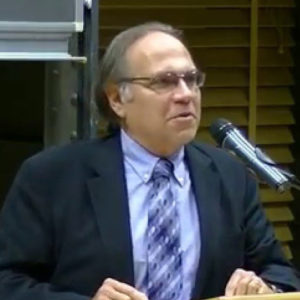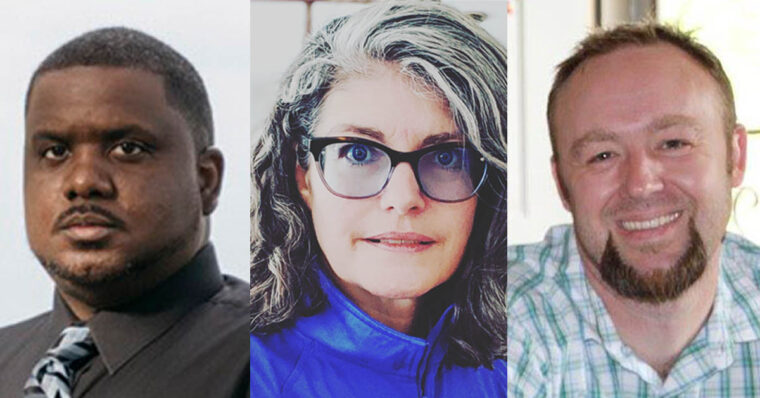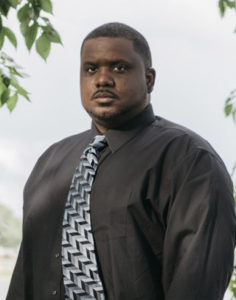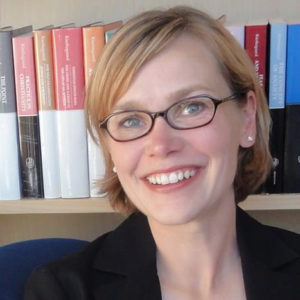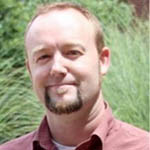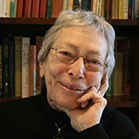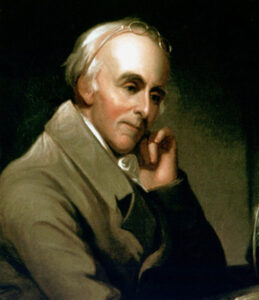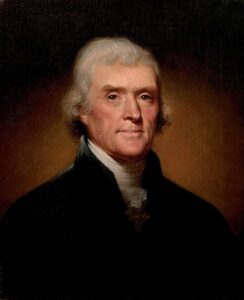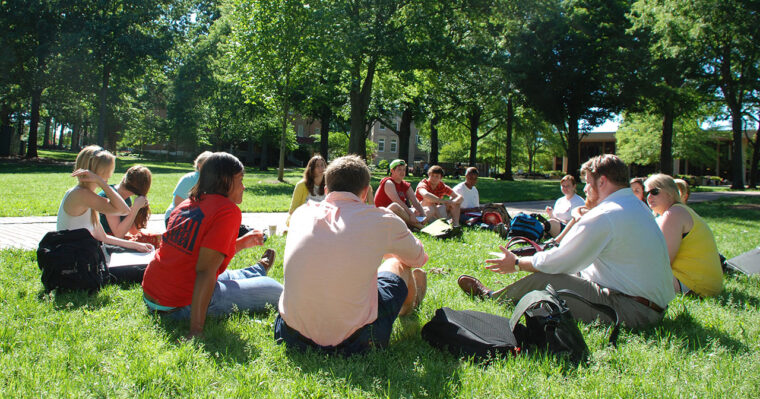SOPHIA has been enormously fortunate to have had Dr. Ken Stikkers serve as Trustee and our Vice Chairman of the Board of Trustees. Dr. Stikkers has been an active participant in SOPHIA’s work and a constant champion of our mission. We are so grateful for his efforts and thank him for his long service to the organization. With his recent request to step down from SOPHIA’s leadership team, we undertook efforts to select and elect a new member of our Board of Trustees.
Philosophers so often disagree that it is wonderful to celebrate our unanimous decision to elect Dr. Tommy J. Curry as a Trustee of SOPHIA. Dr. Curry holds a Personal (Distinguished) Chair in Africana Philosophy and Black Male Studies at the University of Edinburgh, Scotland. He won a 2018 American Book Award for The Man-Not: Race, Class, Genre, and the Dilemmas of Black Manhood. He participated as an outstanding facilitator in our 2013 SOPHIA symposium at the University of Mississippi on the question: “Should Everyone Go to College?” He has given several papers on SOPHIA panels over the years and collaborated with Dr. Gwenetta Curry on the 2018 publication of a paper in a SOPHIA led panel of articles in Dewey Studies. In addition, he was a guest early on the Philosophy Bakes Bread podcast about The Man-Not, in episode 9, “Studying Black Men.” He joined us again on the show in episode 32, after he received many death threats for his important publicly engaged work, yielding one of our most downloaded episodes, “The Public Philosopher and the Gadfly,” concerning especially the challenges for Black public philosophers. Dr. Curry has been an inspirational leader of the Philosophy Born of Struggle community. He is a prolific scholar with many articles and a growing number of books published. We look forward to the rich contributions that we anticipate from him as a Trustee for the future of SOPHIA!
SOPHIA has also long needed to grow our leadership team of officers. We are grateful to Dr. Sergia Hay, who for years has served as our Membership and Chapter Development Officer. She has grown a SOPHIA chapter beautifully in Tacoma, Washington. We recognized that the job of chapter development and membership should be split up into its two parts. SOPHIA is pleased to announce therefore that we have also unanimously elected Ph.D. student Heidi Schmidt to the position of Chapter Development Officer and Lexington SOPHIA Chapter President Erik Jarvis to the position of Membership Officer.
Heidi Schmidt is one of the founders of SOPHIA’s Roanoke Chapter, as well as a doctoral student in the University of Kentucky’s Ph.D. in Educational Sciences’ Philosophical and Cultural Inquiry track. She is an author and has worked as a librarian. She is also a Becker Fellow and is a leader in the Philosophers for Sustainability group. She produced the Civic Connections podcast and has participated both in leading our Roanoke Chapter and in meetings with our Lexington SOPHIA Chapter. We are excited to welcome her to the position of Chapter Development Officer!
SOPHIA leaders established our goal of launching local chapters in 2015 and began planning how they would work in the time since. While we have offered seed grants to help start local chapters, we have yet to determine the best ways of sharing information about our chapters online. Planning and deliberation with Schmidt is among our highly anticipated developments. Exciting efforts are on their way.
Erik Jarvis has participated in the Lexington SOPHIA Chapter since its very first meeting in early 2018. He serves as a Senior Facilities Information Services Administrator in the Office of Information Technology Services at the University of Kentucky. He was elected President of the Lexington SOPHIA Chapter and is energetic and a terrific facilitator of SOPHIA conversations. In addition, he has participated in drafts and revision of SOPHIA One-Sheets in planning for chapter meetings. His expertise in information technology is a welcome boon for SOPHIA as well. We are eager to work with him moving forward on our first concerted membership initiative, aiming to grow our membership and our ties with members. We welcome him to the position of Membership Officer!
If you have any questions about this announcement or about SOPHIA activities, reach out to our Executive Director, Dr. Eric Thomas Weber by email at philosophersinamerica@gmail.com.


